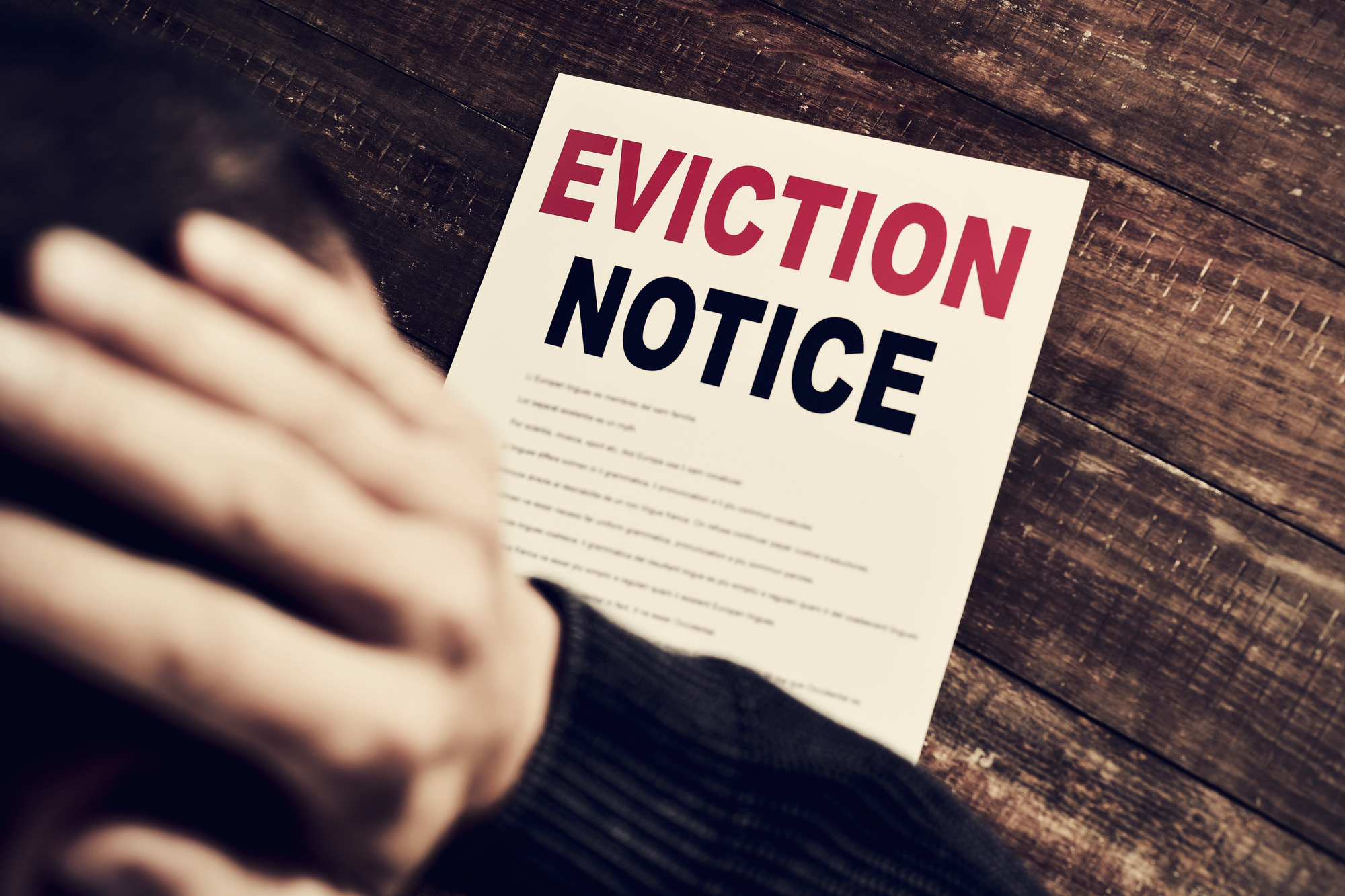Evicting tenants who won't pay is difficult in Kissimme, Florida. Because of court fees and legal documents, eviction has always been a complex process.
It has become much more complicated with the current eviction protection moratorium. Here's everything landlords and property owners need to know.
What is Eviction Protection?
This program was first established during the Covid-19 shutdowns. It was designed to protect tenants who were unable to pay rent due to the government preventing them from working and other Covid issues.
The Centers for Disease Control and Prevention (CDC) issued a new eviction moratorium. It impacts areas with higher infection rates until October 3, 2021. This includes Kissimmee, Florida along with a lot of the United States.
Even though eviction protection is due to end soon, it's possible that it will be replaced by something similar.
Can You Still Evict Tenants?
Yes! Not all tenants qualify for the most recent CDC moratorium. Those who don't are eligible for eviction.
In order to remove a tenant under eviction protection Florida regulations, you must have a court order. You cannot remove tenants who qualify for eviction protection as long as they provide you with the proper paperwork.
Tenants that you aren't able to evict are responsible for paying rent eventually. That includes any late fees that may accumulate. You can start the eviction process, but currently, you cannot carry out the final step.
Any tenant can be evicted for reasons that don't revolve around their ability to pay rent. Noise complaints, criminal activity, and breaking other aspects of their lease are enough.
Allegiant Management Group provides a-la-carte services for property managers. These will help you navigate notices and other complicated duties.
How Does a Tenant Qualify?
Tenants that are behind on their rent don't automatically qualify for eviction protection. They must reach at least one of a few criteria in order to be eligible.
They have to have made their best efforts to pay or get government assistance for rent.
A substantial loss of household income caused them to be unable to afford rent.
They have to pay large out-of-pocket medical bills. It doesn't matter if these bills are related to Covid-19 or not.
Their income makes a huge difference. If the tenant made less than $99,000 the previous year or expects to make less than that this year, they qualify.
Receiving a stimulus check makes them eligible.
How Does Eviction Protection Work?
Any tenant who wants to invoke their Florida eviction protection rights under the moratorium has to provide a signed form.
This form must state that they fit the requirements. It's a legal document so if they lie, it's equivalent to committing perjury.
In most cases, the tenant will give the document to the property owner. There are instances when it's required for them to present it in court.
Learn More
Evictions are never a straightforward process. Eviction protection has made it more complicated than ever before. It's important that you know your rights as a landlord, property owner, or investor.
For more information reach out to our experts at Allegiant Management Group.



